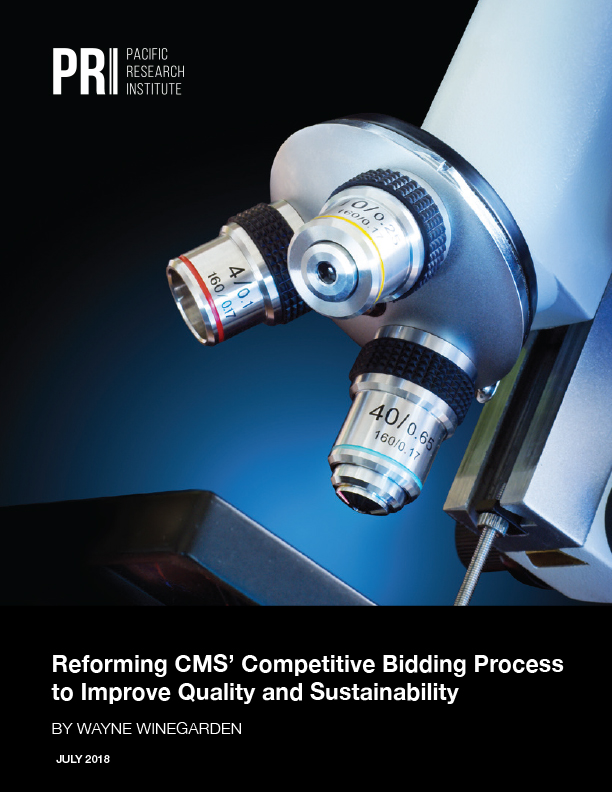Reforming CMS’ Competitive Bidding Process to Improve Quality and Sustainability
Patient health is being negatively impacted by an inefficient system plagued by low provider payments and lack of access to necessary equipment. Proposed reforms to the Medicare competitive bidding process for wheelchairs, home breathing equipment, and other durable medical equipment underscore the findings of this study....


